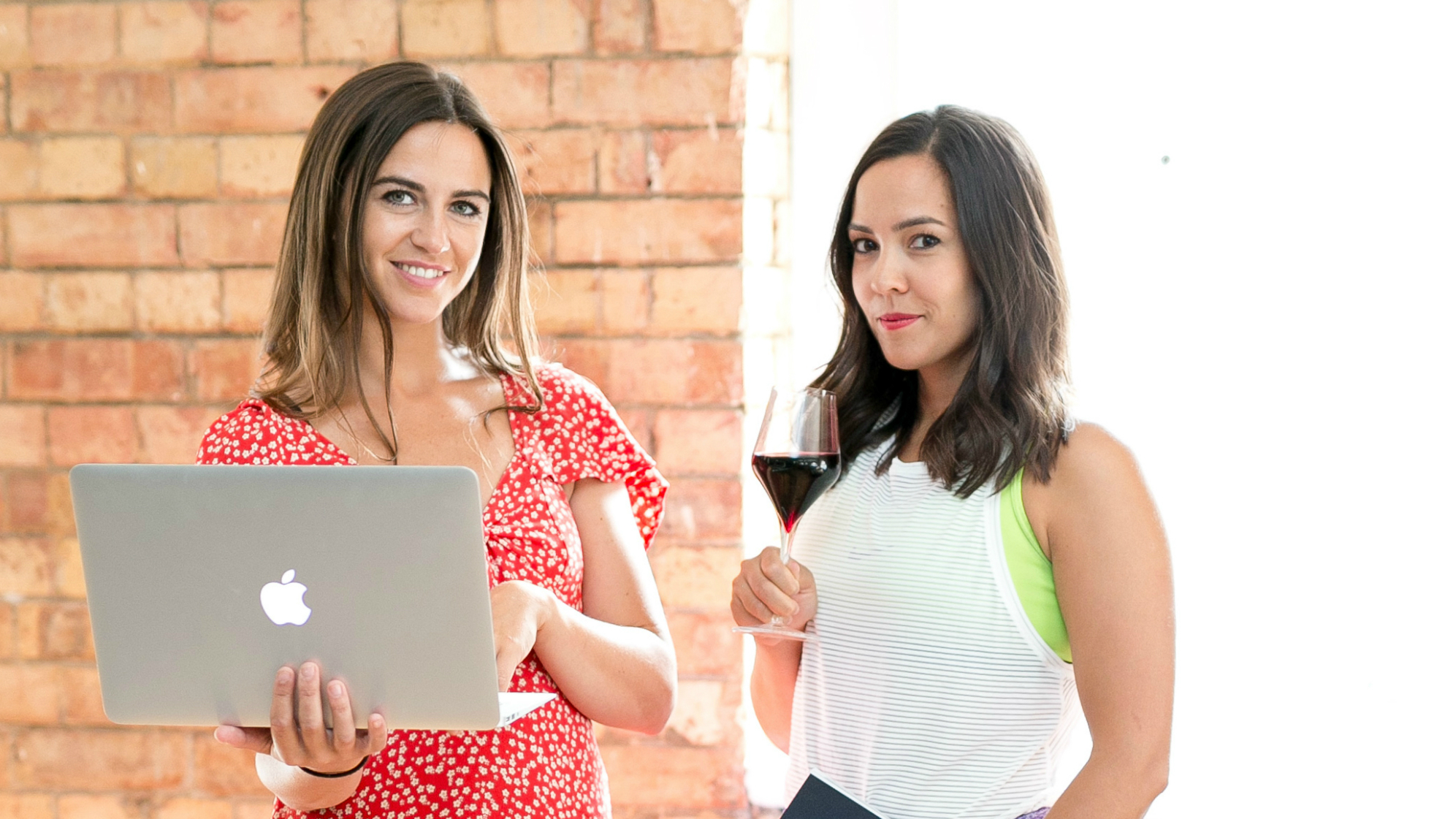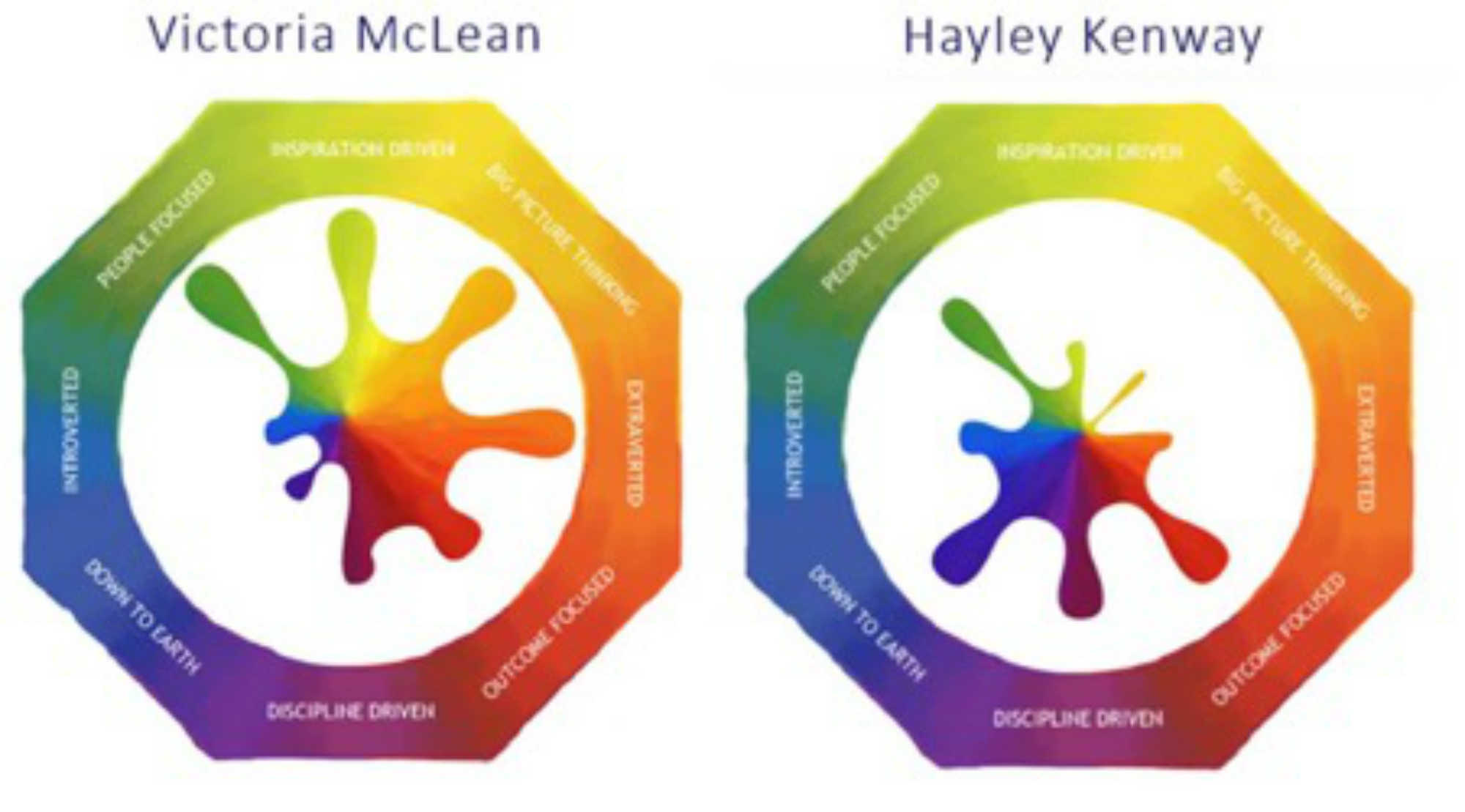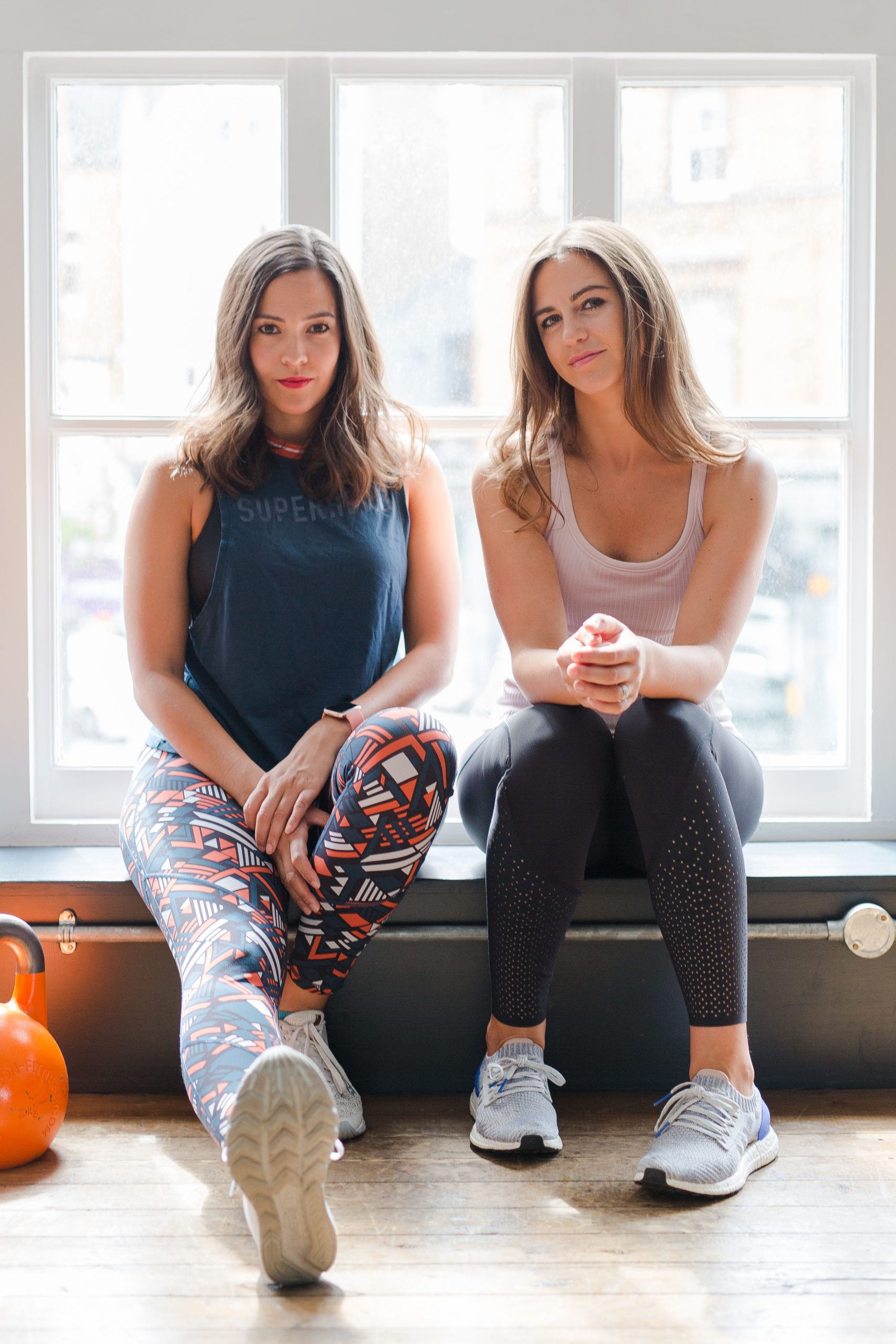Five things to consider when choosing a business partner
Has lockdown made you think about getting that dream business off the ground with your friend? Here are the critical things to consider first if you want to get it right, by a woman who knows

Celebrity news, beauty, fashion advice, and fascinating features, delivered straight to your inbox!
You are now subscribed
Your newsletter sign-up was successful
Has lockdown made you think about getting that dream business off the ground with your friend? Here are the critical things to consider first if you want to get it right, by a woman who knows
Words by Hettie Holmes
Going into business with someone is like entering into a marriage. According to Forbes 90% of all start-up businesses fail so it’s important to choose this person wisely.
After helping an entrepreneur to grow her business, I was ready to go it alone but not on my own. I spotted a gap in the market for a magazine that combined health and hedonism, and set out to choose my partner in crime, which led me to Shara. We co-founded DOSE in 2016 and have grown our audience to 200k across online, email, Facebook and Instagram channels. Today, we’re still going strong and here’s why…
1. Find a partner that can bring skills and experience to the business that you don’t have
There has been lots of research into why companies fail. In start-ups, not having the right team in place is the third most cited reason for company failure. People are everything.
Victoria McLean, founder and CEO of CityCV, the UK's leading career consultancy says, “A diverse skill set is really critical to the success of a company; you need a partner who balances you out and provides sanity checks for all the technical and business decisions that need to be taken”.
It’s not healthy for business partners to be so alike they always agree with each other. In their new book, Work Wife, Erica Cerulo and Claire Mazur, (who were friends long before they were business partners) talk about the importance of managing differences and conflict in a successful business relationship.
Celebrity news, beauty, fashion advice, and fascinating features, delivered straight to your inbox!
As Antoinette Raymond PhD. Behavioural and Business Scientist and Organisational Psychologist at Saker Lynd explains, “Though it's fabulous, comforting and reassuring to find "like minds," it is when you are challenged to think differently that true creativity grows”.
When Shara and I first started working together, we were concerned that we were too similar. It soon materialised, that our skillsets lay in different areas. Whilst my background in design and writing secured me in the creative role, Shara drew on her past experiences running partnerships and events and soon became the driving, commercial force of the business, which has allowed us to divide and conquer. My proficiency with Adobe software from my past design life means we save a lot of money on creative too.
To test your compatibility before going into business with someone, try Creative Types By Adobe. Shara scored the “Producer” - the quintessential “doer” who is people-oriented, analytical, pragmatic and dynamic. Her ideal collaborator? The Dreamer (a.k.a me), to help spark her imagination and inspire her to think even bigger.
Other apps include Lumina Splash that help you to quickly visualise how you score on eight key aspects of your personality such as how discipline driven, outcome focussed and extroverted you are. You can share with colleagues to get personalised feedback on where you complement each other and where you might clash.
McLean says, on her results with her PA Hayley “We are both really people focused and yet the rest of the splash is almost opposite – it’s why we work so well together. The insight is incredibly useful both on a personal level and from the perspective of shaping your ideal team / partner – really helping you know and understand yourself, your best strengths and in what career and team and environment you will best fit”.

2. Find a partner that shares your values, entrepreneurial spirit, and vision
As the saying goes, you either grow together or you grow apart. Checking in with each other throughout your journey to see that you’re both on the same page is vital.
Despite our differences, Shara and I are bound by our hardworking nature and entrepreneurial spirit. We have both worked in start-ups in the past with the battle scars to prove it. Our vision has been the same since we started and our loyalty to each other, faith in each other’s ideas, even when they appear risky and most importantly our trust in each other has got us to where we are today.
As Antoinette Raymond PhD. says: “True creativity can’t happen without a fundamental environment of trust and positive intent”.
Be each other's tribe - have each other’s back and be confident in the knowledge that you are better together than apart.
3. Look for a partner without a lot of personal baggage
This is really important when first launching a start-up. When we met, Shara and I had no personal baggage – just a veracious desire to launch a start-up. As we weren’t making much money in the beginning, Shara took a job at Facebook and I consulted for FaceGym for a year until we felt ready to make the leap. We essentially courted for a year. I got married in September 2016 and in October we incorporated the business. I even spent my honeymoon planning out what would become the DOSE Book. Luckily our husbands are both very understanding due to our past experience working in start-ups, where working 24/7 is standard. I later got a puppy and moved out of London to live in the country to have babies but this was only possible due to the groundwork that we put in at the beginning.

4. Find a partner that can offer resources and credibility to your business
Shara established London’s first fitness listing platform (essentially Classpass before its time) so already had a vast knowledge of London’s fitness scene before we met. She also ran popular fitness events like a 90’s rave at Waterloo vaults. She has consulted for pretty much every gym in London from BoomCycle to Heartcore and 1Rebel and has been a spin instructor for over 13 years. Not to mention she ran global events for Facebook.
Meanwhile, I wrote for FT’s How To Spend It on everything from the launch of Barry’s Bootcamp UK with Barry Jay himself to a detox retreat at Yeotown, and was part of the founding team that launched FaceGym. I also worked in the design sector where I built invaluable skills working with creatives.
Our backstory added credibility to our business and helped us to secure PR in the early stages. Not to mention our combined little black book of contacts effectively launched our business.
5. Choose a partner that is financially stable
Going into business with someone is a risky business. There are good months and bad months and cash flow is a constant worry. You have no control over if your clients pay on time and this can put a lot of stress on a small business.
Shara had already secured a mortgage before we set up and I was fortunate enough to be renting a family flat in London at a reduced rate. We both had skills that allowed us to lean on other jobs – Shara, teaching spin classes, while I built vision decks for brands. We still don’t pay ourselves a big salary as we’re building a team but we have learnt to live within our means.
The leading destination for fashion, beauty, shopping and finger-on-the-pulse views on the latest issues. Marie Claire's travel content helps you delight in discovering new destinations around the globe, offering a unique – and sometimes unchartered – travel experience. From new hotel openings to the destinations tipped to take over our travel calendars, this iconic name has it covered.